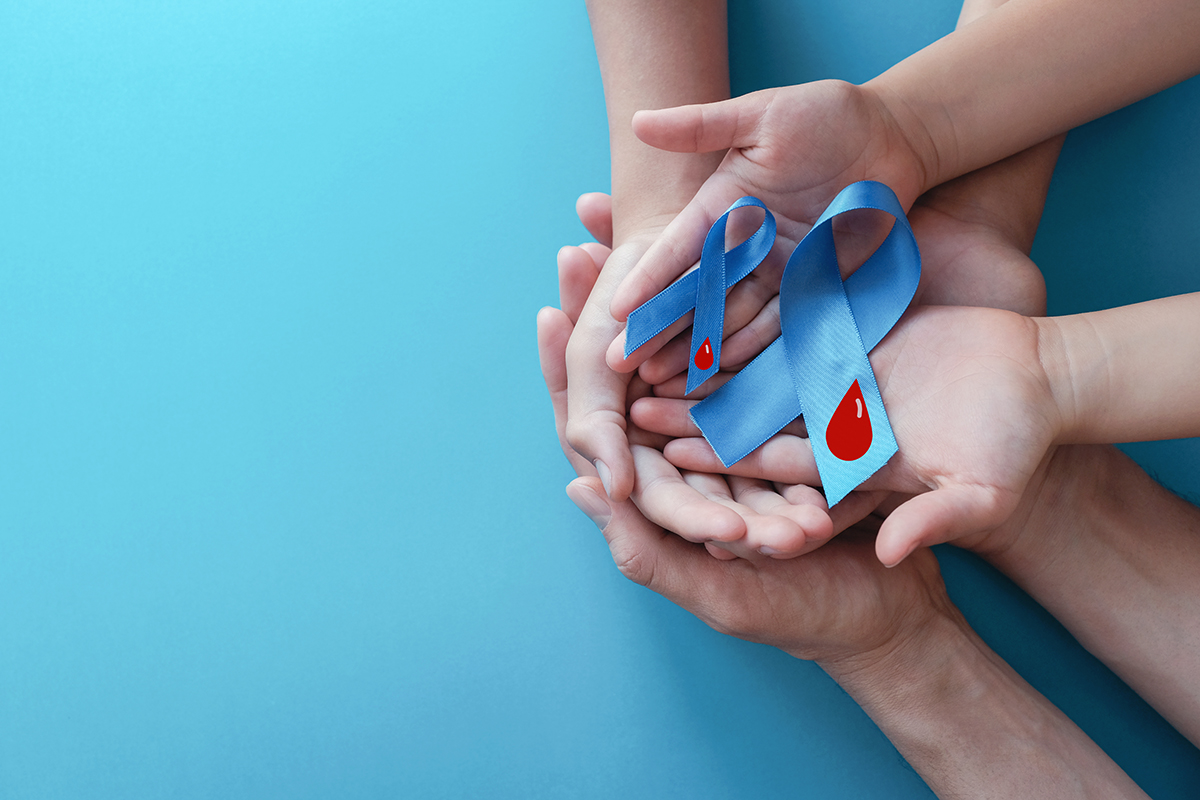
2022
Do you remember the last time you were so angry you shook? Or the last time you were so sad you cried? You probably do because emotional experiences can stay with you for a long time. Emotions can affect your health and well-being in a big way. However, it is not always easy to know how to manage your emotions. This is especially true if you are having extreme emotions or new emotions that you haven’t felt before.
Here’s what you need to know about managing your emotions and how to get help if you cannot manage them on your own.

2022
When you look around your kitchen countertop, what do you see? Many people have a cooking oil that they prefer to use when making their favorite meals. Some people select cooking oils based on their price, their personal preference, or what their family likes. You may have never thought too much about the oils you cook with, but cooking oils can affect your health.
Read More.
During the winter, it’s easy to spend more time with your screen. But too much screen time can have negative effects on your health. Now that daylight savings time has begun, it’s time to think about reducing your screen time.
Read More.
It can be hard to maintain your routine in winter, especially when it comes to exercise or other activities. With colder temperatures and fewer daylight hours, it can be easy just to snuggle up until it gets warm again. But staying active in the winter can have great benefits on your overall health. Apart from increasing your energy level and improving your sleep, sticking to your activities can improve your mood and reduce your risk of getting seasonal affective disorder (SAD), which can cause fatigue and depression.
Read More.

2021
November is American Diabetes Month, and we want to focus on the truth about prediabetes. Approximately 88 million American adults have prediabetes, and what’s even more surprising is that 84% of people with prediabetes don’t know they have it. But even though prediabetes is a serious health condition, with simple lifestyle changes, you can prevent or delay prediabetes from developing into type 2 diabetes.
Read More.
Baltimore based MCO, Jai Medical Systems Managed Care Organization, Inc. is once again one of the Highest Rated Medicaid Health Insurance Plans in the United States for 2021-2022, according to the National Committee for Quality Assurance (NCQA) Medicaid Health Insurance Plan Report Card.
Read More.

2021
Summer is finally here, and while that means it’s time to kick back and soak up the sun’s warm rays, it also means that taking precautions when it comes to UV protection is more important than ever. July is UV Safety Awareness Month, which highlights the importance of protecting your skin and eyes from the damaging effects of the sun.
Read More.
When you are feeling pain or pressure in your head, it can sometimes be difficult to tell whether you are experiencing a headache or a migraine. While some people use both terms interchangeably, they are actually two different issues, and knowing the difference can be important when it comes to faster relief and better treatments.
Read More.

2021
There’s no way to avoid it, we all get stressed. Some stress can be good, and it can help motivate us to get things done. Even events that are highly stressful like getting a serious illness or losing your job can be a natural part of life. But when stress starts to make us feel down or anxious for more than several weeks or if it starts to keep us from doing things we love, it might be time to start thinking about stress management.
Read More.

2021
While asthma can affect people of all ages, children with asthma have special concerns. Childhood asthma is one of the most common reasons that children visit doctors, miss days at school or are admitted to the hospital. But with proper management, children can be able to live a healthy, active life.
 Did you know that your IE browser is outdated?
Did you know that your IE browser is outdated?








